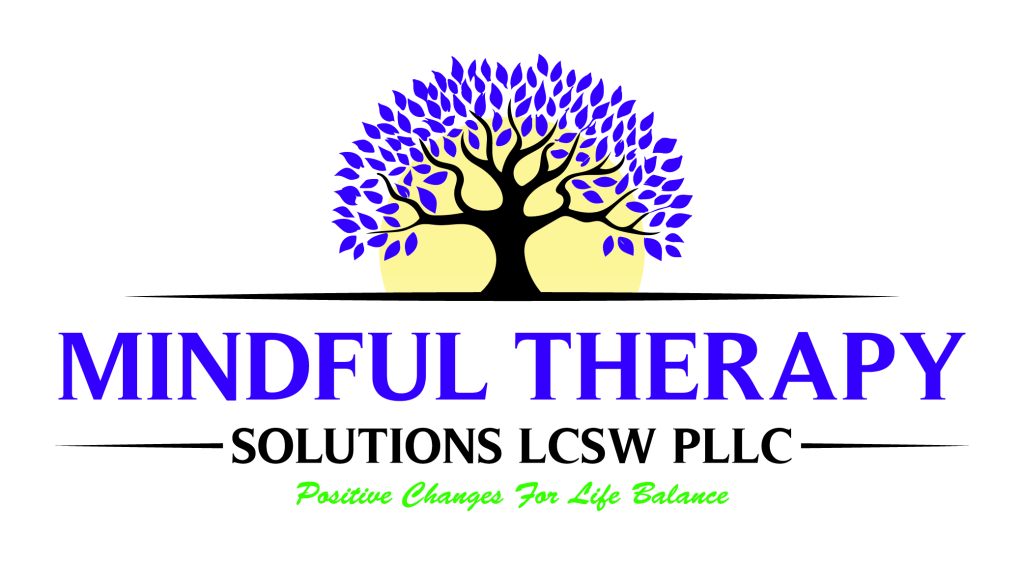At Mindful Therapy Solutions, we believe in guiding you with clarity and compassion as you explore the path that best supports your healing journey. In this comprehensive discussion of individual vs group therapy, we unpack the strengths and limitations of each format. Whether you’re weighing individual therapy sessions against therapy for individuals in group settings, this exploration aims to illuminate your options.
Exploring Therapy Modalities with Mindful Care
Starting therapy can feel like stepping into the unknown. Choosing between individual therapy vs group therapy hinges both on your personal needs and your readiness for different therapeutic environments. At Mindful Therapy Solutions, we tailor every step to meet you where you are, offering both individualized and shared spaces for healing.
Depth and Focus: The Benefits of Individual Therapy
In individual therapy sessions, the therapist’s attention is dedicated solely to you. This format allows for deep exploration of personal issues—past traumas, self-esteem, anxiety, relationship struggles—all given room to unfold and be understood. The personalized approach offers a safe space for vulnerability.
The individual therapy benefits are profound: customized treatment plans, flexible pacing, and the emotional safety of full confidentiality. You can focus on your pace, your process, and your goals without concern for others in the room. It’s therapy built for one.
Connection and Perspective: The Pros of Group Therapy
Group therapy offers something different. In a group, shared experiences foster connection. Participants often discover that others walk similar paths, which can alleviate feelings of isolation. Through hearing diverse stories and feedback, group members gain insight into their own patterns and build empathy.
One major advantage is cost and accessibility. Often more affordable than individual therapy, group formats allow more people to engage in therapy when resources or time are limited. Group members also benefit from in-the-moment feedback and role modeling, helping them practice communication and boundary-setting skills in a supportive environment.
A Balanced Look: The Cons of Group Therapy
But group therapy is not for everyone. A key challenge is the unavoidable lack of full focus on any one individual. In some settings, concerns may feel overshadowed. Challenges of group therapy include potential discomfort speaking in front of others, fear of judgment, and difficulty establishing deep trust quickly.
Group formats may also be slower for individual progress. Some pressing personal issues—especially trauma or deeply rooted anxiety—may feel safer and more efficiently addressed in one-on-one therapy. And group dynamics can sometimes derail progress if not skillfully guided by the therapist.
The Limitations of Individual Therapy to Consider
While individual therapy shines in offering personal focus, it can feel isolating. Without the relational mirror that group offers, you may miss the sense of shared humanity that connection brings. It can also be more costly, requiring more resources—time, money, emotional energy. Some individuals may feel stuck or under-challenged without peer support or new relational perspectives.
Integrating Both: A Hybrid Approach
Some clients benefit from combining both formats—attending individual therapy sessions for deep dive work and joining group counseling for connection and social learning. This hybrid path can weave together the strengths of both worlds: the safety and focus of individual attention, along with the insight and encouragement of communal support.
Why Choose Us
At Mindful Therapy Solutions, our heart is in offering a therapeutic experience that is both compassionate and tailored. We understand the delicate balance between self-reflection and connection. Whether you seek therapy for individuals in a one-on-one setting or find value in individual and group counseling combined, we meet you with integrity and warmth. Your process is your own—and we’re here to walk it with you, helping you navigate the pros and cons of group therapy and the benefits of individual therapy to choose what aligns with your growth. We cultivate a safe, non-judgmental space rooted in evidence and empathy, empowering you to move forward as your most authentic self.
Frequently Asked Questions
What is the main difference between individual therapy and group therapy?
Individual therapy involves one-on-one sessions between you and a therapist, while group therapy brings several clients together with one or more therapists. Both offer unique benefits depending on your needs.
Is group therapy as effective as individual therapy?
Yes, research shows group therapy can be equally effective for many issues, especially when clients seek connection and shared experiences. Individual therapy may be better for highly personal or sensitive matters.
What are the biggest individual therapy benefits?
Personalized attention, confidentiality, flexible pacing, and a safe space to explore deep emotional struggles are among the top benefits of individual therapy sessions.
What are the main challenges of group therapy?
The challenges of group therapy often include fear of judgment, less individualized focus, and the need to adapt to group dynamics. However, many clients find that overcoming these challenges builds confidence and resilience.
Can I do both individual and group therapy?
Absolutely. Many clients integrate both forms, combining the personal depth of individual therapy with the community and perspective gained in group counseling.
Which is better for anxiety—individual or group therapy?
Both can be effective. Individual therapy allows for private exploration of triggers, while group therapy provides social support and real-time practice in managing anxiety within relationships.


